The mingled incentives which lead to action are often too subtle and lie too deep for us to analyze

The mingled incentives which lead to action are often too subtle and lie too deep for us to analyze
Johann Kaspar Lavater, a Swiss poet, philosopher, and theologian, was known for his keen insights into human nature and behavior. His quote, "The mingled incentives which lead to action are often too subtle and lie too deep for us to analyze," speaks to the complexity of human motivation and the difficulty in fully understanding the reasons behind our actions.Lavater believed that human behavior is influenced by a multitude of factors, both conscious and unconscious, that interact in complex ways to drive us towards certain actions. These incentives can be a combination of external factors, such as societal norms, cultural influences, and personal relationships, as well as internal factors, such as emotions, desires, and beliefs. The interplay of these incentives can create a tangled web of motivations that are often difficult to unravel and fully comprehend.
One of the key insights of Lavater's quote is the idea that our actions are not always driven by rational thought or conscious decision-making. Instead, our behavior is often guided by subconscious impulses and instincts that are rooted in our deepest desires and fears. These hidden motivations can be difficult to uncover and may only reveal themselves through introspection, self-reflection, and careful observation of our own behavior.
Lavater's quote also suggests that our understanding of human behavior is limited by our own cognitive biases and blind spots. We may think we know why we act a certain way, but in reality, there may be underlying factors at play that we are not aware of. This lack of self-awareness can lead to misunderstandings, misinterpretations, and misjudgments of ourselves and others.
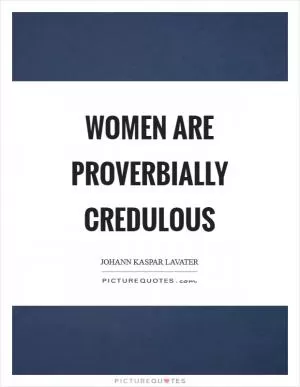
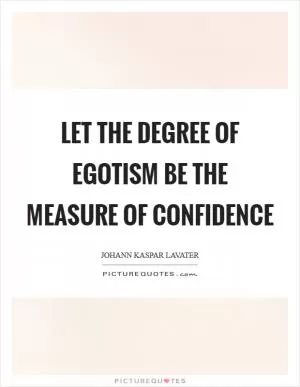



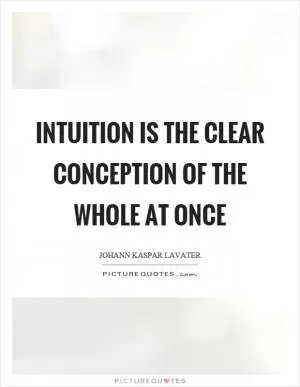
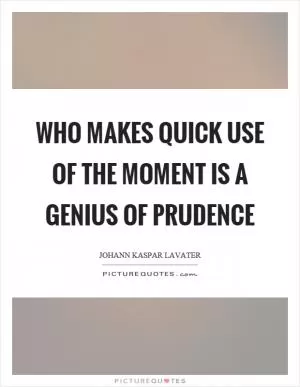

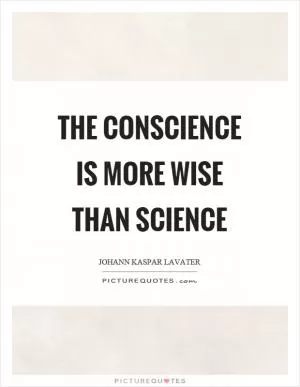

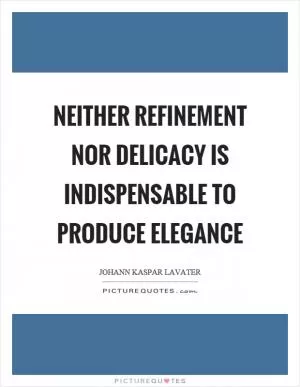
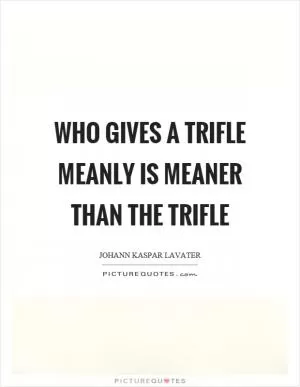
 Friendship Quotes
Friendship Quotes Love Quotes
Love Quotes Life Quotes
Life Quotes Funny Quotes
Funny Quotes Motivational Quotes
Motivational Quotes Inspirational Quotes
Inspirational Quotes